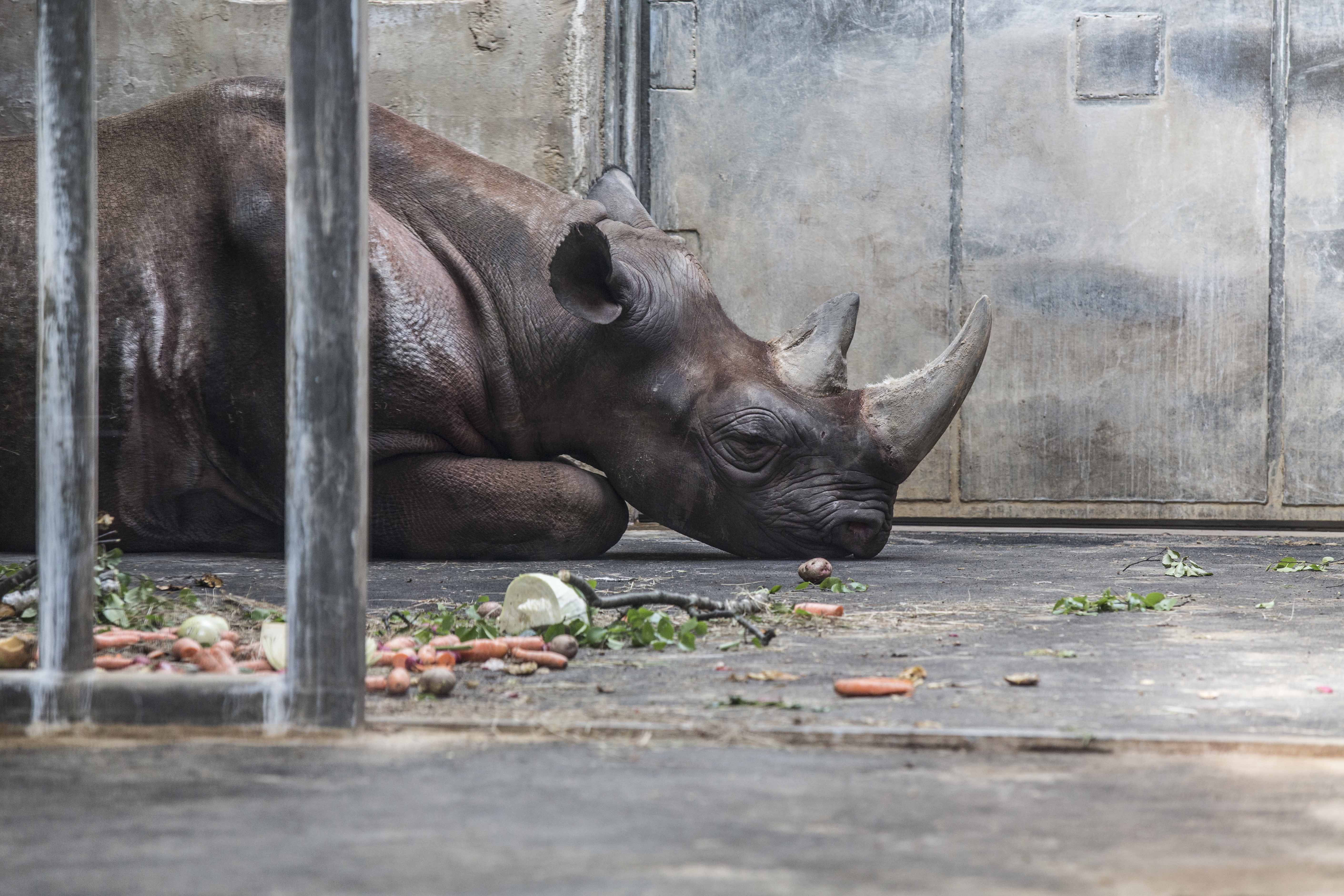It is better for nature if you do not buy exotic goods for which it is not known whether any endangered animal or plant was used to produce them
When travelling to an exotic country, it is worth taking the time to find out which products can cause trouble with local law enforcement agencies and which can create a hassle in customs. Among other things, you should look at the limits set by CITES: for example, the European Union has set even stricter rules than CITES with its legislation and divides endangered species into four annexes, which you can find here. Therefore, it is easiest and safest not to buy exotic products on your trip.
CITES (the Convention on International Trade in Endangered Species of Wild Fauna and Flora) aims to help prevent endangered animals and plants from disappearing from the wild and to control trade in their live specimens and derived products. By volume, illegal trade in rare plant and animal species ranks third in the world only after drugs and weapons.

Everyone has heard stories of poachers killing elephants to sell off their prized tusks. Many rare and endangered species are under pressure not only due to habitat loss but also because their body parts are considered miracle cures. For example, the nearly extinct Amur leopard is still of interest to poachers, because in traditional Far Eastern pharmacy, medicine must contain a so-called magical component, which is unfortunately the body parts and internal organs of leopards and tigers (whiskers, tails, bones, ears), but also other rare species.
Legally produced goods can also cause problems when crossing the border. When shopping abroad, it is worth remembering that the sale of souvenirs made from local animals and plants does not mean that bringing them home across the border is definitely allowed.
It is better for nature if you do not buy exotic goods for which it is not known whether any endangered animal or plant was used to produce them. Customs authorities may also have problems with rocks or corals taken as a souvenir.
If you do not comply with CITES and European Union rules, you will have to deal with inconveniences or fines at customs. The amount of the latter is up to 1,200 euros for a private person for an illegal product, which may be in addition to compensation for environmental damage determined by the Environmental Board.
Without CITES permits, your luggage may include, for example:
- caviar (black roe) – 125 g per person;
- cactus rainsticks – 3 per person;
- crocodile skin products – up to 4 per person;
- large conches – 3 per person;
- giant clams – 3 per person or 3 kg per person;
- seahorses – up to 3 dead specimens per person [1].
Buying an exotic pet from a distant land already means more thorough documentation, but it is also worth thinking about nature – for example, 70% of turtle species are endangered primarily due to the pet business.
Last modified: 17.01.2022
_________________________________________________________________________